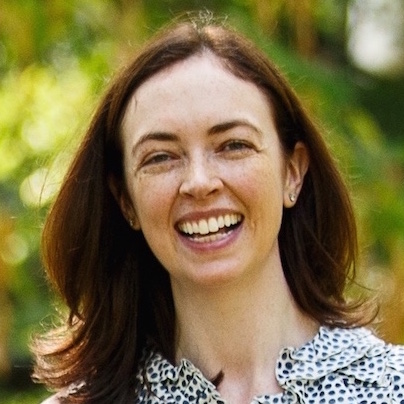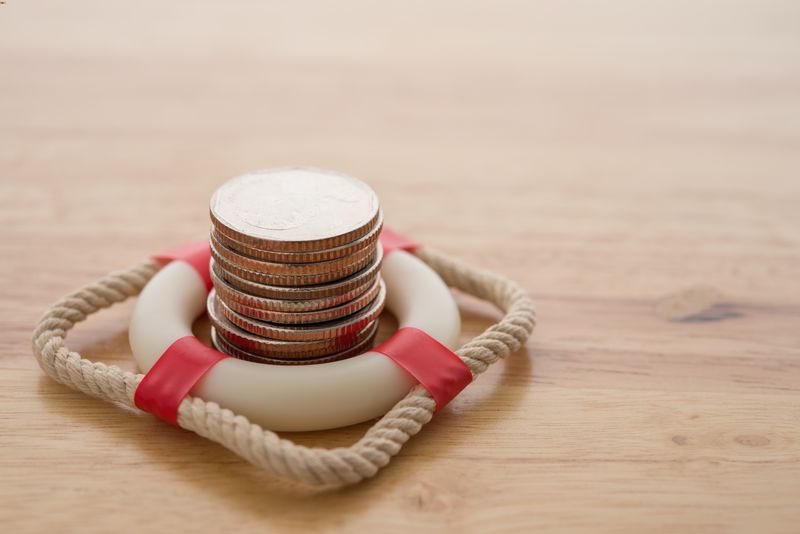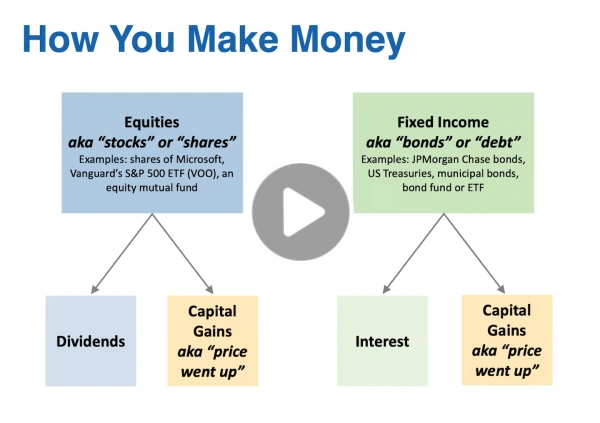Paying down in full every month and using credits cards for cash back and other rewards is the best way to use cards.
I generally suggest holding off on investing until you're not dependent on credit cards, meaning you're paying in full every month.
But there are some situations where people have credit card debt and it's OK to start saving and investing.
1) Putting a highly unusual and infrequent expense on a 0% credit card, when you're confident you can pay it down before 0% becomes the normal rate
Example: Lydia is getting a divorce. It's expected to cost $20,000-$25,000, and while she could draw down her emergency fund, she feels nervous about this. She has a stable job with a good income, but as a soon-to-be single mom of her 8-year-old, she really wants to leave her emergency fund alone - what if something else came up during this difficult time?
Her credit score is good, so she gets a 0% for 18 months credit card and uses it only for divorce expenses. She's very confident that with some easy adjustments she can make room for up to $1,500 in monthly payments ($1,500 * 18 mos = $27,000..more than her expected cost)
Why this is reasonable: Lydia can fundamentally afford the expenses, she's using the credit card to make lumpier payments into more easy-to-plan-for monthly payments, and ensure that she has her emergency resources if something else comes up. Her good credit score allows her to do this for free.
2) Using a 0% credit card to stretch a big payment into a clear monthly payment
Example: Tim & Lauren have 3 kids, ages 6, 4 & 4 - twins were not the plan, but you can't plan everything! Tim and Lauren were able to max out their workplace retirement plans back when their first started public kindergarten (one less child in daycare made room in the budget).
Unfortunately, there were not enough seats for public pre-school, so they have one more year of $48,000 in annual daycare expense before all three kids are in public school. $4,000 / month is a big nut to crack, particularly given Tim's compensation in his sales job. He and his company are doing well, but half of his compensation is his holiday bonus. They use a 0% credit card so they can use Tim's bonus to pay the total annual cost of daycare.
These are two examples of ways to use credit cards in manner that it's OK to start saving for retirement or college while you have credit card debt.
What Do These Examples Have in Common?
"Good" ways to use credit cards usually have similar themes:
(1) Your credit score high enough to have a robust flow of 0% offers
(2) You have a very clear understanding of your financial situation and are not just hoping that paying later will make it all work - you've run the numbers, and you can see exactly this is going to work
(3) The main value of the credit card is "smoothing out the timing" of payments - you can definitely afford it
(4) You have other resources available, aside from your income, to satisfy the debt if - for some reason - you weren't able to pay it down by the time 0% expired. For example, an emergency fund or Roth IRA that you prefer not to touch, but could dip into if something went awry.
Otherwise, it's generally a good idea to pay down credit cards before investing for the long-term. Doing this often takes a complete examination of household budget, oftentimes some difficult conversations with a spouse and / or kids, and decisions that might not feel awesome on day one, but will set you up to feel great as your financial situation turns around and you start building wealth.
Ready to get great insights on balancing your different financial priorities? Try the AboveBoard Financial Action Plan



